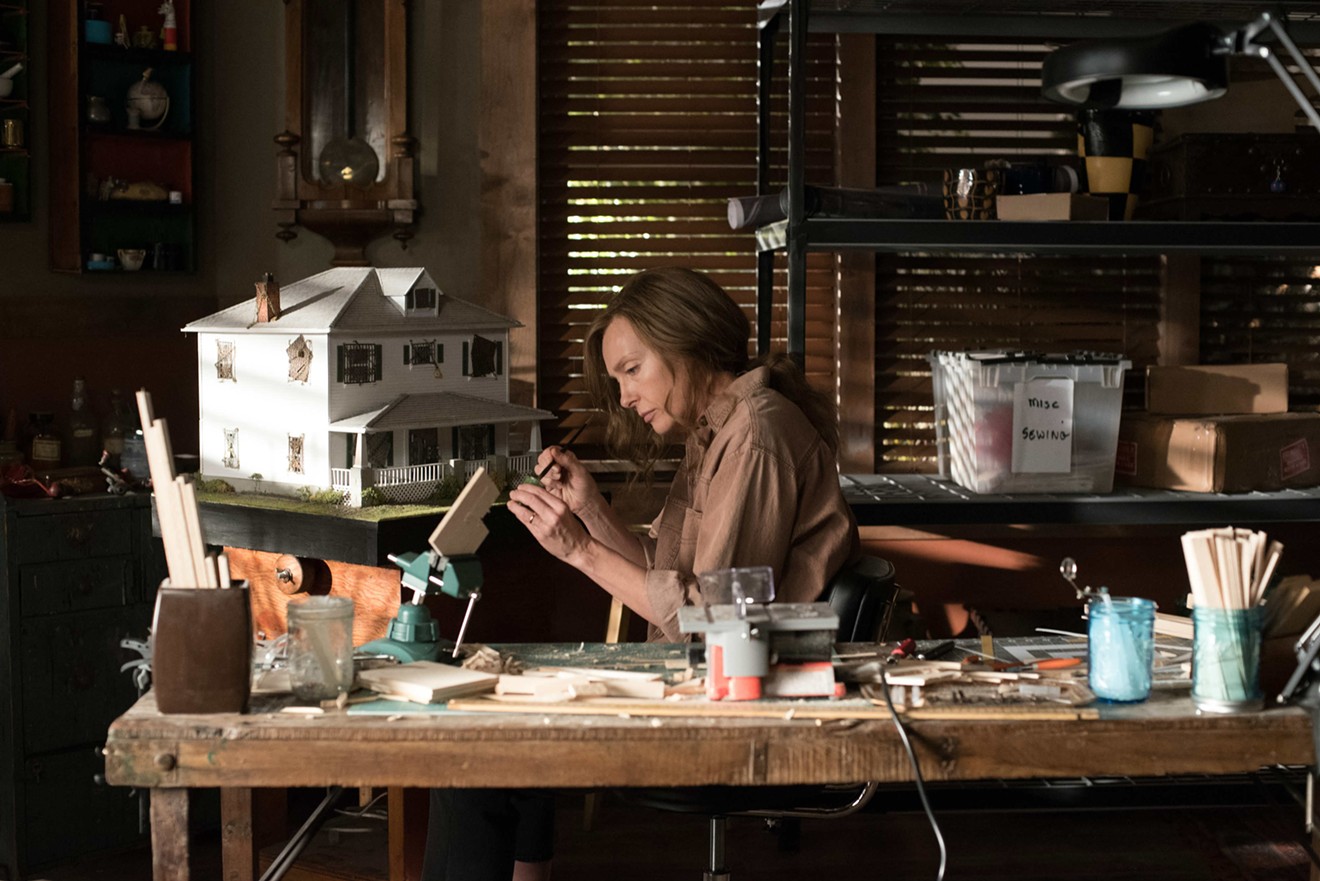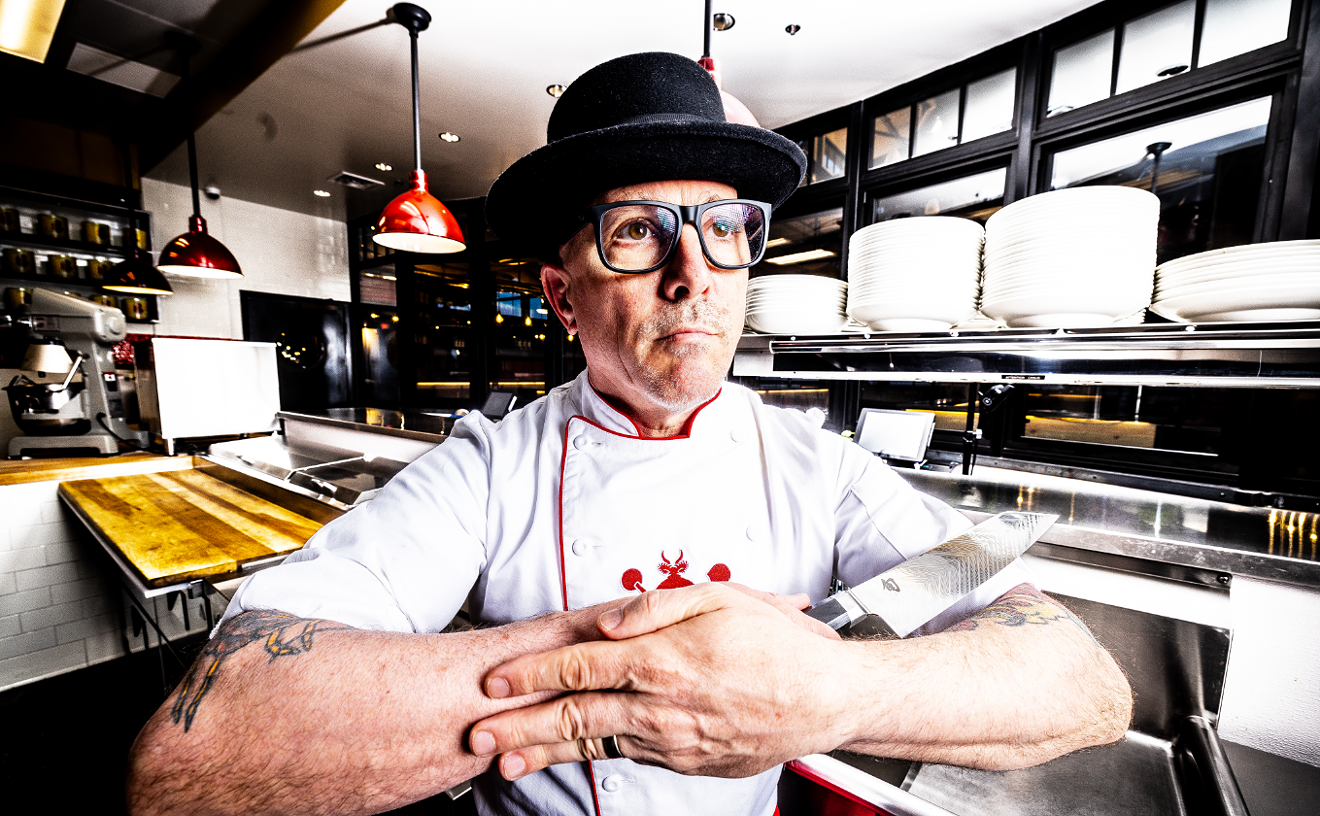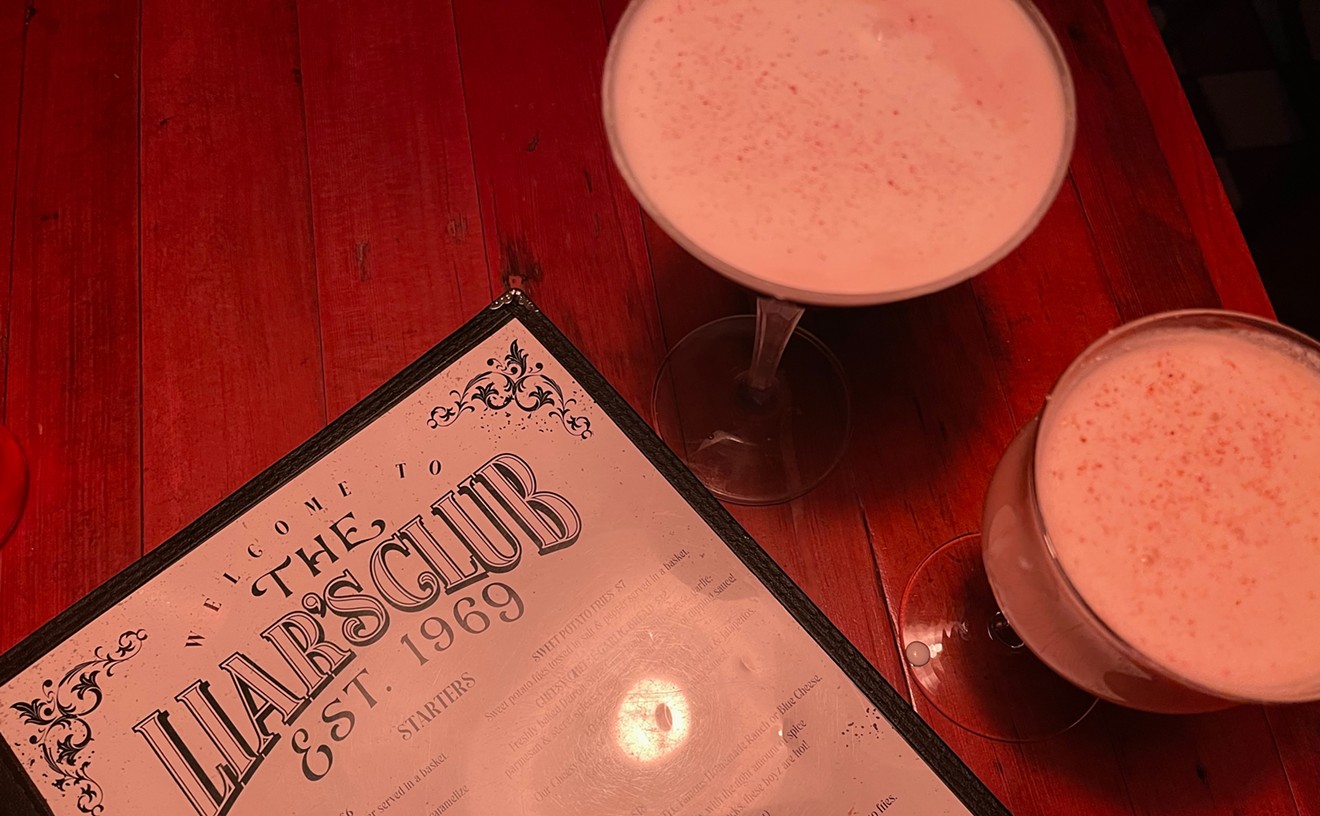The poor souls populating Ari Aster’s soul-shaking slow-horror film Hereditary slide, over the film’s running time, ever closer to their inevitable fates, as though their paths were preordained. I mean that not just in the movie sense that a screenwriter — in this case Aster — has scripted out what they’ll do and say. Instead, it always seems that there’s no other way for this story to play out. Aster’s characters foolishly believe that they can tough their way through one catastrophe after another, while Aster (making his feature debut) and cinematographer Pawel Pogorzelski invite us to linger in the shadows of a creaky, sullen woodside home, covering our mouths as we face our certainty about what will become of these people. The horror of Hereditary lays not just in scary images but in creeping sense that free will is a joke, and bad luck can be as inescapable as a family curse.
The story opens with Annie (Toni Collette) reluctantly mourning her difficult mother Ellen, whom she memorializes in a eulogy as “secret” and “private.” Annie makes a living as an artist, and she’s got a big show coming up, where she’ll unveil her meticulously crafted miniature scenes, for which she draws inspiration from real-life (often horrific) events. Annie explains to her socially maladjusted daughter Charlie (Milly Shapiro) that Charlie was grandma’s favorite and that grandma herself insisted on feeding baby Charlie; a corresponding diorama, shown for a split second, depicts Annie as a new mother trying to breastfeed her newborn, while Ellen hangs out her own breast, trying to supplant her as mother. Shock details like that might seem too forthright in a film of creeping terror, at odds with a chilled-spine feeling. But in Aster’s story, as in life, the devil is in the details. As the film goes on, these details accumulate, coalesce, and then hang heavy over the characters.
Charlie’s brother Peter (Alex Wolff) is the most “normal” of anyone in the house. He’s a high school horndog boy who just wants to get high and laid, and an invitation to party offers him a shot at both. Unfortunately, Annie orders him to take Charlie, too. A throwaway bit about nobody remembering to bring Charlie’s EpiPen at the beginning of the film comes back to haunt the party scene, and though that might sound like a spoiler, trust me: Absolutely nothing can ruin what happens to Charlie, or the way Annie combusts into a nervous wreck afterward.
For all the revelatory performances, here, this film belongs to Collette, whose convincing rantings, ravings and tearful outbursts, mixed with morose long stares, create a totally believable portrait of a grieving woman, even as she genuinely scared me — real grief is terrifying. Annie appears manic, vacillating between love and hate, truly tormented by her sleepwalking spells, where she often dreams of dousing her and her children with paint thinner and setting them all on fire.
Aster and Pogorzelski favor a wide, busy frame, which drives the eye to move around it, taking in every element of the picture. Watching is like playing one of those Photo Hunt spot-the-difference games, trying to suss out what has possibly changed from the last time Aster showed us this room. And once my eye found this new element, I couldn’t look away. This game of search-for-the-horror-hiding-in-the-shadows happens multiple times. The audience I saw this with gasped aloud, saying, “Oh God, no” or “Don’t do this,” in all of those moments. At one point, I instinctively slapped my hand to my forehead in shock.
And yet there are distinct microseconds of levity — or at least comic incredulity — where characters do something so over-the-top strange that the performances elicit nervous laughter. A woman named Joan (Ann Dowd), whom Annie met in a grief group, accosts Annie with hugs in a parking lot and gleefully begs her to do a seance and contact Annie’s dead relative. Joan is boundlessly effusive, while Annie is as determined to slip away as that cat Pepe Le Pew harasses. These mismatched energies become hilarious in that moment, as this near stranger tries to convince Annie that connecting with the dead is a totally normal thing to do on a weekday afternoon; meanwhile, it’s utterly admirable how much Aster trusts us, digging into these plot points without doling out much explanation.
Throughout the film, Aster and production designer Grace Yun exploit the creepiness of miniatures and dollhouses. And just as a child wields godlike power over her dolls, Aster, too, exercises a tight control over his characters, who shuffle from one shocking scene to another in a family tragedy that, seriously, rivals that of the ancient Greeks. Hereditary is wicked existential horror.
[
{
"name": "Air - MediumRectangle - Inline Content - Mobile Display Size",
"component": "18478561",
"insertPoint": "2",
"requiredCountToDisplay": "2"
},{
"name": "Editor Picks",
"component": "16759093",
"insertPoint": "4",
"requiredCountToDisplay": "1"
},{
"name": "Inline Links",
"component": "17980324",
"insertPoint": "8th",
"startingPoint": 8,
"requiredCountToDisplay": "7",
"maxInsertions": 25
},{
"name": "Air - MediumRectangle - Combo - Inline Content",
"component": "16759092",
"insertPoint": "8th",
"startingPoint": 8,
"requiredCountToDisplay": "7",
"maxInsertions": 25
},{
"name": "Inline Links",
"component": "17980324",
"insertPoint": "8th",
"startingPoint": 12,
"requiredCountToDisplay": "11",
"maxInsertions": 24
},{
"name": "Air - Leaderboard Tower - Combo - Inline Content",
"component": "16759094",
"insertPoint": "8th",
"startingPoint": 12,
"requiredCountToDisplay": "11",
"maxInsertions": 24
}
]











